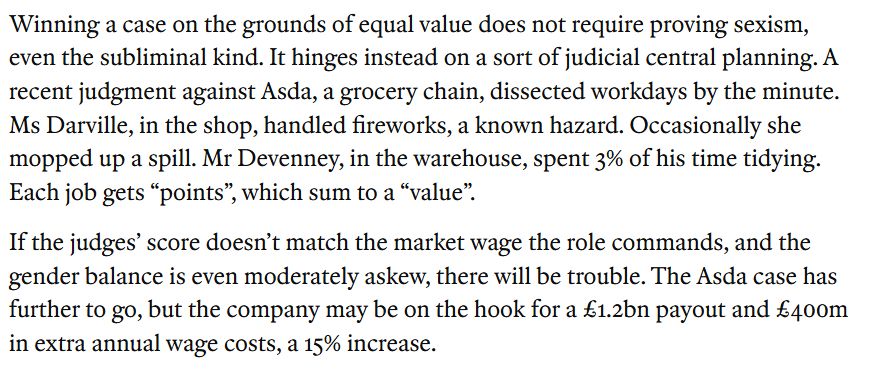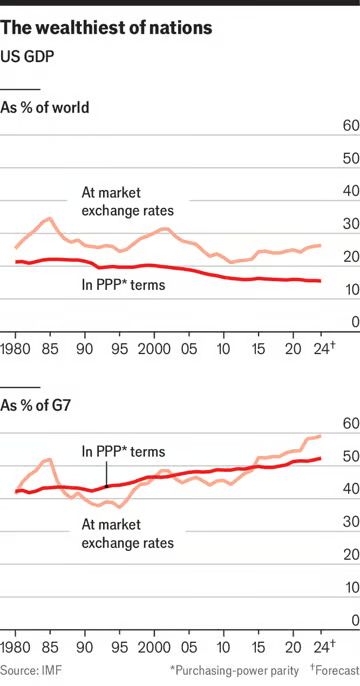Henry Curr
@curr.bsky.social
9.7K followers
130 following
110 posts
Economics editor @TheEconomist. Visiting Fellow of Nuffield College, Oxford. Views mine only. www.henrycurr.com
Posts
Media
Videos
Starter Packs
Henry Curr
@curr.bsky.social
· 12d
Henry Curr
@curr.bsky.social
· 20d
Henry Curr
@curr.bsky.social
· 20d
Henry Curr
@curr.bsky.social
· 20d
Henry Curr
@curr.bsky.social
· 20d
Henry Curr
@curr.bsky.social
· 20d
Henry Curr
@curr.bsky.social
· Sep 2
Henry Curr
@curr.bsky.social
· Sep 2
Henry Curr
@curr.bsky.social
· Sep 2
Henry Curr
@curr.bsky.social
· Apr 17
Henry Curr
@curr.bsky.social
· Apr 16
Henry Curr
@curr.bsky.social
· Apr 15
Henry Curr
@curr.bsky.social
· Apr 15
Henry Curr
@curr.bsky.social
· Apr 15
Henry Curr
@curr.bsky.social
· Mar 28








